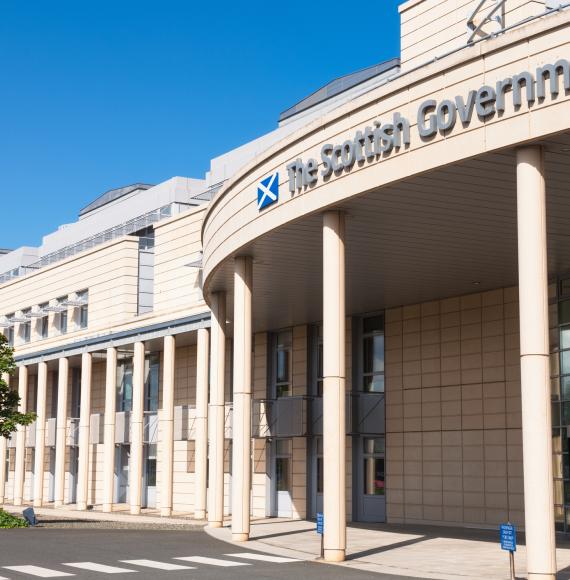Ethnic minority communities have been disproportionately impacted by the Covid-19 pandemic and are twice as likely to face discrimination in local services new research has found.
‘Crisis, Communities, Change’ by the RSA (royal society for arts, manufactures and commerce), an independent charity, explores how communities have fared during the pandemic.
A survey of 2,600 people in Great Britain, including a weighted sample of 1,000 people from ethnic minority backgrounds, carried out by a marketing research company for the RSA, found that discrimination in local services is twice as high among ethnic minorities.
In total, 52% of Asian and 50% of Black respondents have faced discrimination when accessing local services, compared to 19% of the white population.
The police and justice system, as well as the UK government, are viewed as more unsupportive by Black and mixed populations, with 25% of Black respondents and 20% of respondents from mixed ethnic backgrounds saying that the police ‘actively make my life more difficult’, compared to 9% of white respondents.
When considering how well the police and justice system operates, 42% of white respondents said that the police ‘do their job’, while Black respondents and those of mixed ethnicities were the most likely to say that they need improvement, or are not fit for purpose.
The report suggests that these higher levels of discrimination and mistrust could be a factor in higher rates of Covid-19 vaccine hesitancy among ethnic minorities and among those who are vaccine hesitant, 59% say they have suffered discrimination when accessing local services in the past, versus 33% for those who are not.
It also finds that ethnic minority groups have been worse impacted by Covid-19 and have struggled to access government support, with 46% of Asian respondents, 41% of those with mixed ethnic backgrounds and 39% of Black respondents saying that they have struggled or been unable to access support, despite being eligible for it.
Researchers also found that specialist public services helped address language, cultural and other barriers to people accessing services during the pandemic, which were often popular but under huge pressure due to austerity, with calls to the Muslim Youth Helpline increasing 313% during the pandemic.
While poverty is seen as the most important ‘bigger picture’ issue across the board, white and ethnic minority groups have different views on what the most pressing issues facing the country are.
White respondents were likely to answer climate crisis, Brexit, inequality, misinformation, while racial discrimination and the quality of the education system ranked highly among Black respondents.
Dealing with abuses of power by the police and in the justice system also scored highly with Asian and Black respondents, as well as those of mixed ethnic backgrounds, while tackling racial discrimination was identified as the number one priority for and after the pandemic by Black respondents.
Commenting, the RSA’s Chief Research and Impact Officer, Anthony Painter said: “The evidence from our research casts serious doubt on the idea that institutional racism is not an issue in the UK. People from ethnic minorities are much more likely to have experienced discrimination in public services and we saw some evidence that this is linked to ‘vaccine hesitancy’.
“Too often, we talk about why ethnic minorities are less likely to trust those delivering public services, which puts the onus on those communities, rather than serious service failings.
“In the future, public services also need to look beyond ‘engagement’ or ‘outreach’ with ethnic minority groups and instead look at the systemic and institutional reasons they are not trusted.
“We need to reinvent public services to work around their communities they serve. This means devolving more power locally, funding public services adequately and creating more spaces for citizens to collaborate with one another.



















